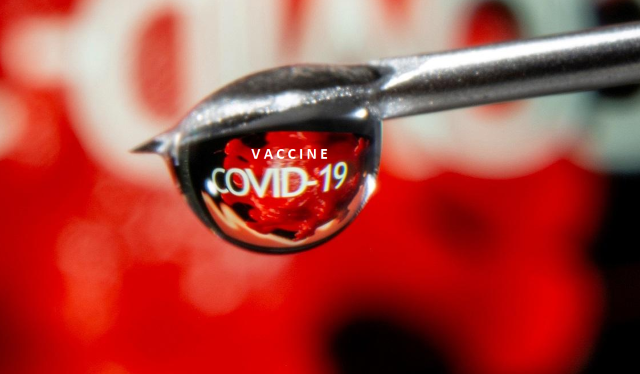Philippines secures $25M-loan from ADB for 2021 COVID-19 vaccines

The Asian Development Bank (ADB) has allocated $25 million or around P1.2 billion to loan out to the Philippines this year for the purchase of vaccines for the coronavirus disease 2019 (COVID-19), as the government seeks to inoculate as much as 70 million Filipinos in 2021.
The agreement will allow the Philippine government to pay vaccine manufacturers in advance to secure the delivery of vaccines as the number of cases in the country continues to grow, with the total confirmed cases at 525,618 as of Sunday, January 31.
The financing is part of the ADB's $125-million Health System Enhancement to Address and Limit (HEAL) COVID-19 Project approved in August which seeks to prevent and control the spread of the pandemic and assist the government in tests, surveillance, and infection prevention and control.
"Vaccination is the next critical step to protect lives and promote livelihood opportunities," said ADB President Masatsugu Asakawa. "We stand ready to support the government in these unprecedented times and help the economy navigate back to its pre-pandemic growth path."
The funding will follow the vaccine access and eligibility requirements of ADB's Asia Pacific Vaccine Access Facility (APVAX) launched in December. This mandates that the vaccines must meet one of three criteria — must be procured via COVAX, prequalified by the World Health Organization, or authorized by a stringent regulatory authority.
Additional access criteria such as the vaccination needs assessment, the vaccine allocation plan, and a mechanism for effective coordination among development partners also help ensure funding support under the APVAX.
The Philippines targets to vaccinate some 50 to 70 million Filipinos from COVID-19 this year, with the country allocating some P73.2 billion for the procurement. The amount includes P40 billion coming from multilateral agencies, P20 billion from domestic sources, and P13.2 billion from bilateral agreements.
At present only two vaccines have secured the emergency use authority (EUA)—Pfizer BioNTech and British pharmaceutical firm AstraZeneca.
Earlier in the day, World Health Organization (WHO) Country Representative Rabindra Abeyasinghe commended the COVID-19 vaccination plan of the Philippine government.
However, he noted that challenges are still possible to happen during the actual rollout, which is expected to start by February.
“I believe they have a very good comprehensive plan. What we are concerned about is oftentimes the actual rollout faces challenges although you plan very well,” he said in an interview on ANC.
“This is what we have been discussing with the Department of Health in the case of logistics arrangements, and the National Task Force,” he added.—AOL, GMA News



